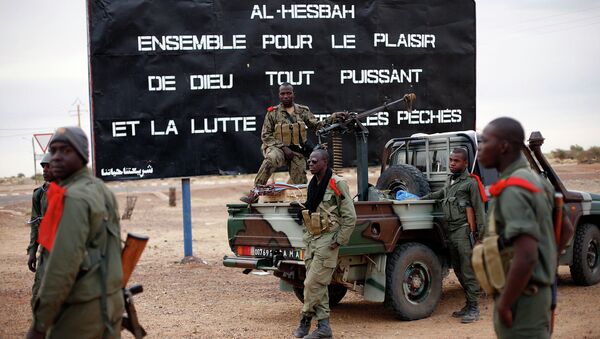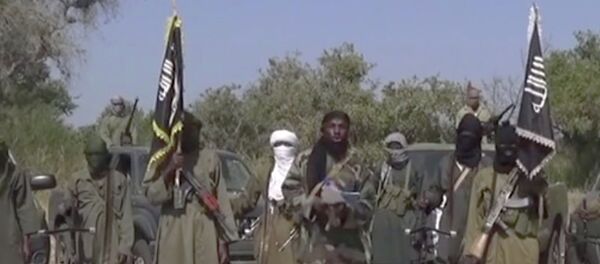Boko Haram, the Nigerian terror group has made a dangerous return with deadly attacks, female suicide bombers and the capture of a highly strategic town.
At the end of April, the militants began occupying the town of Marte after fleeing their stronghold in Sambisa forest. The town is among several retaken in recent weeks by Nigeria’s military. But the sources said that the insurgents have raised their flags on the recaptured territory, and have been coordinating attacks from there.
According to some reports, Boko Haram may possibly be receiving training from the self-proclaimed Islamic State, which operates in Iraq and Syria.
ISIL accepted a pledge of fealty from Boko Haram leader Abubakar Shekau giving the group its first base in sub-Saharan Africa and expanding its efforts to create a global caliphate.
Last month, ISIL also released a video praising Boko Haram, and allegedly the images posted on ISIL-linked social media accounts refer to Boko Haram as the Islamic State’s West Africa Province (ISWAP), media reports.
Simultaneously, Boko Haram has transformed its basic online presence into a flamboyant ISIL-like propaganda tool.
Concerns have grown that if ISIL becomes more involved in Boko Haram affairs, the group’s method of operation could change, reshaping the conflict in Nigeria.
The recent attacks confirm that Boko Haram isn’t finished yet.
“The 3,000 men who showed up for them in Maiduguri clearly prove that Boko Haram’s army is still intact, and can regroup at any time,” said a source involved in relief efforts in Maiduguri and Monguno, media reports.



